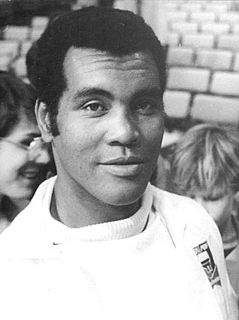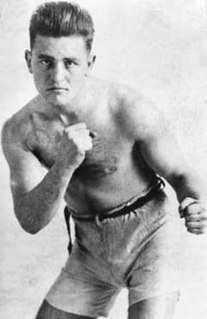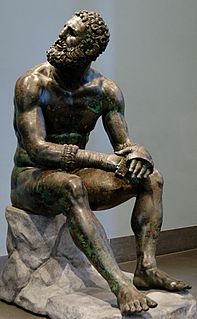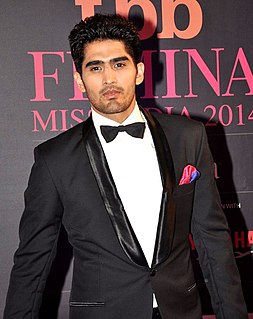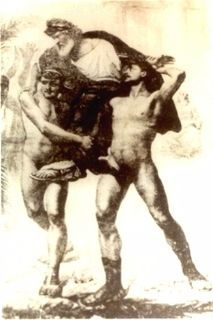Glaucus (Greek : Γλαύκος) of Carystus, the son of Demylos, was a boxer and one of the most celebrated Ancient Greek athletes. [1] He was a περιοδονίκης (winner at all most important games of Ancient Greece), having gained one Olympic, two Pythian, eight Nemean, and eight Isthmian victories in boxing.

Greek is an independent branch of the Indo-European family of languages, native to Greece, Cyprus and other parts of the Eastern Mediterranean and the Black Sea. It has the longest documented history of any living Indo-European language, spanning more than 3000 years of written records. Its writing system has been the Greek alphabet for the major part of its history; other systems, such as Linear B and the Cypriot syllabary, were used previously. The alphabet arose from the Phoenician script and was in turn the basis of the Latin, Cyrillic, Armenian, Coptic, Gothic, and many other writing systems.
Carystus was a polis (city-state) on ancient Euboea. It was situated on the south coast of the island, at the foot of Mount Oche. It is mentioned by Homer in the Catalogue of Ships in the Iliad, as controlled by the Abantes. The name also appears in the Linear B tablets as "ka-ru-to". Thucydides writes that the town was founded by Dryopes. Its name was derived from Carystus, the son of Cheiron.

The ancient Olympic Games were originally a festival, or celebration of and for Zeus; later, events such as a footrace, a javelin contest, and wrestling matches were added. The Olympic Games were a series of athletic competitions among representatives of city-states and one of the Panhellenic Games of ancient Greece. They were held in honor of Zeus, and the Greeks gave them a mythological origin. The first Olympics is traditionally dated to 776 BC. They continued to be celebrated when Greece came under Roman rule, until the emperor Theodosius I suppressed them in AD 393 as part of the campaign to impose Christianity as the State religion of Rome. The games were held every four years, or olympiad, which became a unit of time in historical chronologies.
The fullest account of his life is given by Pausanias, according to whom Glaucus claimed descent from the marine god Glaucus. It is said that while still a boy, Glaucus refixed a ploughshare which had dropped out of its place by the blows of his fist, without the help of a hammer. His father, observing that, had him participate in the boxing competition at the Olympic games. Having had no previous training, Glaucus was severely injured by his opponents, and was about to pass out during the final fight, but his father encouraged him with the words "Son, the plough tough", whereupon Glaucus defeated his opponent with a final blow. He subsequently became a renowned boxer, winning all his victories. His statue at Olympia was made by Glaucias of Aegina at the request of his son. Glaucus was said to have been buried on an island which later bore his name. [2] [3]

Pausanias was a Greek traveler and geographer of the second-century AD, who lived in the time of Roman emperors Hadrian, Antoninus Pius, and Marcus Aurelius. He is famous for his Description of Greece, a lengthy work that describes ancient Greece from his first-hand observations. This work provides crucial information for making links between classical literature and modern archaeology. Andrew Stewart assesses him as:
A careful, pedestrian writer...interested not only in the grandiose or the exquisite but in unusual sights and obscure ritual. He is occasionally careless or makes unwarranted inferences, and his guides or even his own notes sometimes mislead him, yet his honesty is unquestionable, and his value without par.
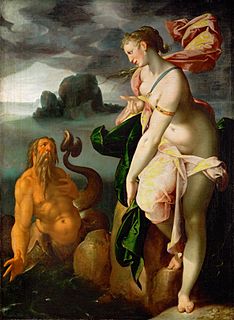
In Greek mythology, Glaucus was a Greek prophetic sea-god, born mortal and turned immortal upon eating a magical herb. It was believed that he commonly came to the rescue of sailors and fishermen in storms, having earlier earned a living from the sea himself.

Olympia, is a small town in Elis on the Peloponnese peninsula in Greece, famous for the nearby archaeological site of the same name, which was a major Panhellenic religious sanctuary of ancient Greece, where the ancient Olympic Games were held. The site was primarily dedicated to Zeus and drew visitors from all over the Greek world as one of a group of such "Panhellenic" centres which helped to build the identity of the ancient Greeks as a nation. Despite the name, it is nowhere near Mount Olympus in northern Greece, where the Twelve Olympians, the major deities of Ancient Greek religion, were believed to live.


